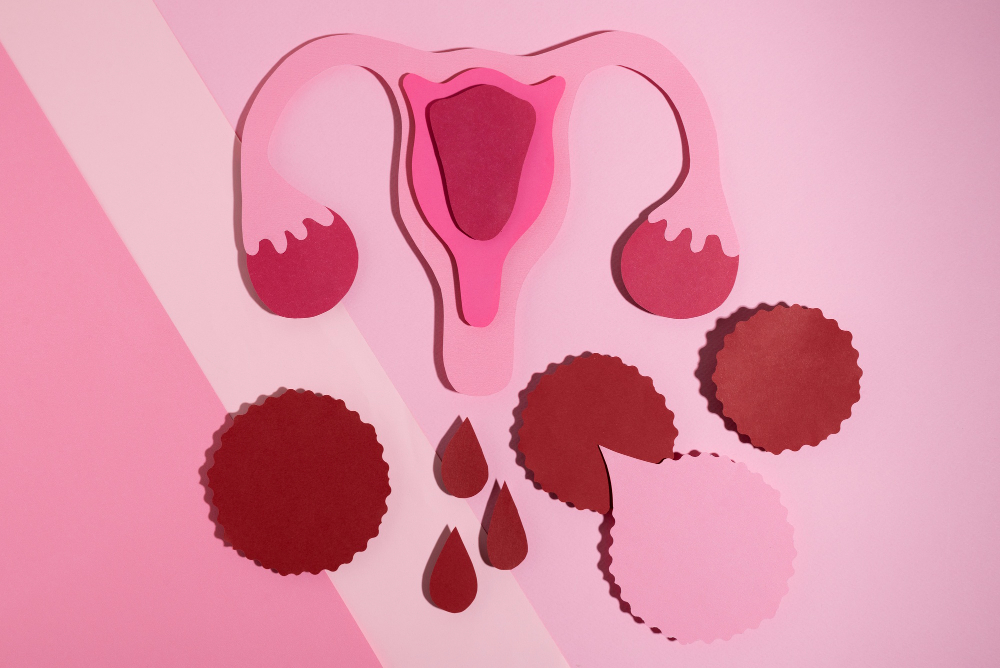Infertility Treatment
What Is Infertility Treatment ?
Infertility in gynecology refers to the inability of a couple to conceive a pregnancy after a year of regular, unprotected intercourse. It can result from various factors such as hormonal imbalances, ovulatory issues, structural abnormalities, or reproductive health conditions. Medical evaluation and interventions aim to address the underlying causes and assist in achieving pregnancy.

What Are The Most Common Causes Of Infertility ?
The most common causes of female infertility are ovulatory disorders and anatomical abnormalities such as damaged fallopian tubes. Less frequent causes include endometriosis, hyperprolactinemia and thyroid related problems.In developing countries like India, infections of the womb such as gonorrhoea, chlamydia and tuberculosis significantly, contribute to infertility.
What Is Ectopic Pregnancy ?
When a pregnancy is not located in the uterus it is called an Extra Uterine Pregnancy (EUG) or ectopic pregnancy.The most common place for an EUG is the fallopian tube but sometimes the ectopic pregnancy is located elsewhere, such as in the cervix, the ovary or in the abdomen. EUG is a rare disease and occurs in 1% of all pregnancies. With IVF treatment the risk can increase. Risk factors for EUG are a history of infection of the tubes (Salpingitis), Chlamydia infection, Pelvic Inflammatory Disease (PID), genital tuberculosis, former EUG, operation on the tubes or in the lower abdomen, endometrioses and appendicitis.
The symptoms of ectopic pregnancy are often similar to those of a normal miscarriage and may include a positive pregnancy test together with or without vaginal bleeding and abdominal pain. Although it is not common, the possibility of EUG has to be considered in patients with the symptoms and one (or more) of the risk factors for EUG. Diagnoses is made by questioning the patient on the risk factors, physical examination, vaginal ultrasound and laboratory findings, especially the serum BHCG levels.
(PCOS) Polycystic Ovarian Disease (PCOD) – The New Epidemic ?
One out of every four girls suffers from it. It causes all the problems that she most detests - weight gain, acne, facial hair growth and irregular periods. Not only young girls but even middle aged women may be affected by the problem of PCOD. This is a problem that often runs in families and the mother and daughters may both be affected as there is a strong genetic component in its inheritance. One of the main problems in PCOD or Polycystic Ovarian Syndrome (PCOS) as it is now called – is resistance to insulin. As the person usually has high insulin levels – she has a tendency to gain weight and to develop diabetes as she grows older. Also, as there is a problem of anovulation the ovary does not produce eggs every month, hence the girl suffers from irregular periods (usually delayed) scanty or heavy flow and often has difficulty in conceiving. Due to the excess of male hormone in the system, there is acne and excess facial hair growth. Some girls with PCOS may be thin and not show acne etc but sonography will show ovaries with multiple small water filed cysts thus establishing the diagnosis. Also a hormone check will show high levels of male hormone and also high levels of insulin. As a result of abnormal hormones and irregular periods for many years, these women have a higher chance of developing cancer of the womb.
Clinical Services
Facilities
24 Hours Services



